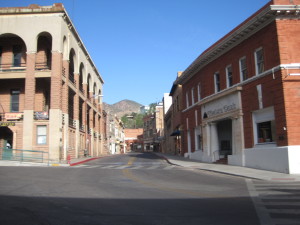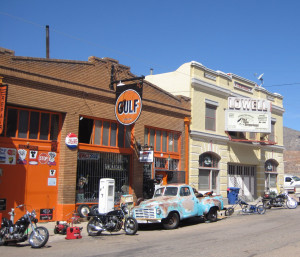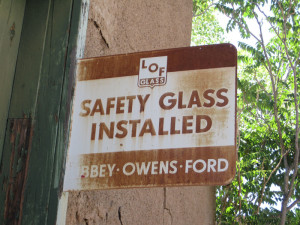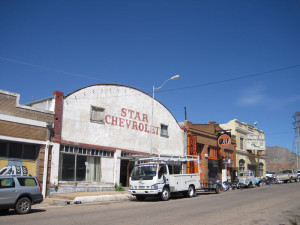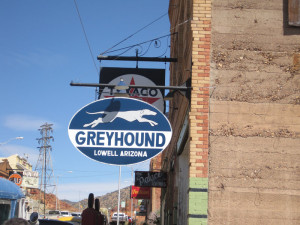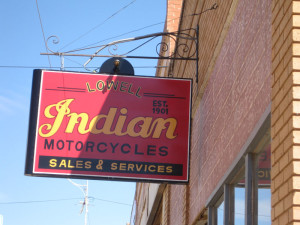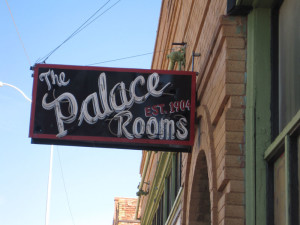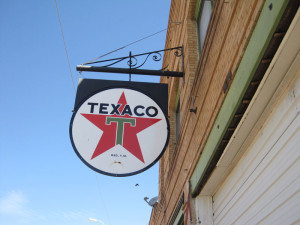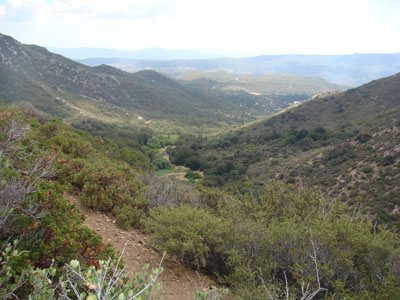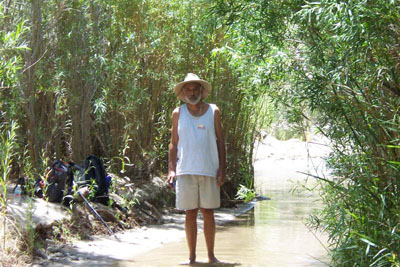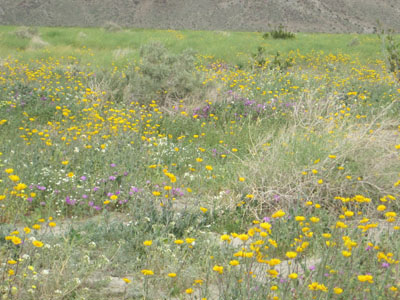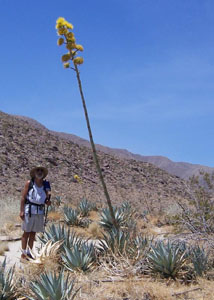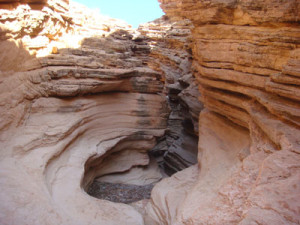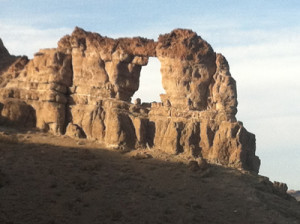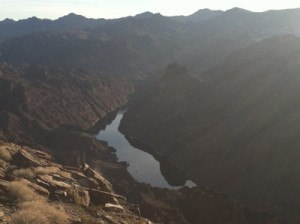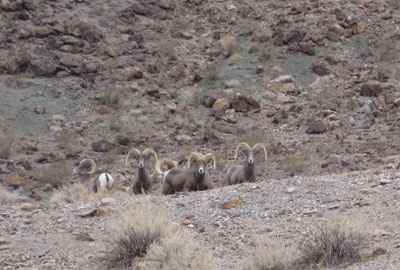 Last fall I was visiting a client’s location in a small town in Pennsylvania. The weather was grayish and the temperature brisk, but it was the peak of the season’s autumn colors. The road in front of my client’s location look slowly rose to meet a small hill; a hill covered in multi-colored leaves. I asked a couple people how far it was to the top of the hill, “a mile or two,” was the consensus.
Last fall I was visiting a client’s location in a small town in Pennsylvania. The weather was grayish and the temperature brisk, but it was the peak of the season’s autumn colors. The road in front of my client’s location look slowly rose to meet a small hill; a hill covered in multi-colored leaves. I asked a couple people how far it was to the top of the hill, “a mile or two,” was the consensus.
When lunch time arrived, a group wanted to go out to lunch. I passed, saying I wanted to go for a little walk to the top of the hill.
It was a good walk with many multi-colored trees and a small creek. A good part of the walk was along the dirt shoulder of the road. When I got back several people asked if I really had walked up the hill and back — a distance I guessed was about 4 miles round trip. Seems that walking 4 miles was an impressive feat to some of them; a walk that most children should be able to do.
I have been thinking about this for several months now. Wondering what has happened to us. I realize that many people walk, but more and more people seem to not want to walk. I see it in parking lots; people driving around in circles trying to find an open spot next to the entrance. So after a few million years of walking, it looks like this may no longer be a common occurrence in the not so far future — or will it?
Our bodies evolved into efficient walking machines. It is our nature to walk. Most of us learn to walk by the time we are two or so years old. We don’t have to be actively taught to do so. Will there be a time in the future where we will no longer be able to walk?
Walking, Colin Fletcher, once wrote,
“can in the end become an addiction, and that it is then as deadly in its fashion as heroin or television or the stock exchange. But even in this final stage it remains a delectable madness, very good for sanity, and I recommend it with passion.”
I don’t exactly agree with this. Walking is like breathing. Something we are born to do. I think what Fletcher meant was that walking in the wilderness, especially for extended periods of time, can become addicting. But man has been doing this for millions of years, so it can’t be an addiction. Others, who are addicted to city living and never venture out of their concrete jungle, might view it as an addiction – even an anti-social behavior; viewing walkers as people who escape into the wilderness to avoid the stresses and pressures of the man-made world. I don’t walk to escape some sort of reality. What is more real than the wilderness? And what is more natural than for us humans to walk?
Walking
I have always enjoyed walking. When I was in grade school, it was my only means of transportation; except for the occasions when my rickety old bike did not break, so I walked instead of risking a bicycle breakdown. When I entered junior high school most of the kids took the school bus. I preferred the 3 mile round-trip walk, which allowed me to avoid the mindless chit chat of the other children and to see the world around me. The same was true when I was in high school, a 4 mile round trip. Seems today most people prefer automobiles over walking.
I have nothing against cars and trucks. I have been in the automotive industry for over 40 years — I am a car guy. But I view them as technology to make our lives better, to create more leisure time to do things such as walking. There are times when it is more efficient and sensible to drive, but whenever possible, I walk.
Is there a difference between walking, hiking, and backpacking? No, not really. I suppose everyone differentiates the three. To me walking is walking; hiking is walking outside the man-made world; and backpacking is walking for more than one day and carrying the required equipment to be self-supporting.
So why walk? First it just feels right. Also it is slow enough that one can observe the world around them in detail. I try to walk at least an hour every day, even if I am traveling on business.
I especially enjoy walking in old cities and towns. Even old sidewalks themselves are interesting. Old buildings and architecture and particularly interesting, as are ancient parks. And in these old places are often obscure museums and historical places of interest.
I enjoy seeing how many of these buildings have adapted for the age we live in.
And often landmarks tell their own story, history without needing to read a book.
Hiking
Many people like to differentiate hiking from walking. What is hiking? Maybe it is walking in nature away from the man-made world? Maybe it requires a period of time to complete that would necessitate carrying some food and water? If someone wants to differentiate hiking from walking, or consider them one and the same, that is okay by me. Because in the end, a hike is just a walk.
Backpacking
If one is to take an extended trip for a few days or even months, then it becomes necessary to bring food, water, shelter, and even extra clothes. Most people put this stuff in some sort of a backpack. But this is only walking too. Oh, some folks want to glamorize it, or make it into some sort of adventure that only the brave and strong can do. But we can break it down into a bunch a little day hikes, which we can further, define as just walking.
